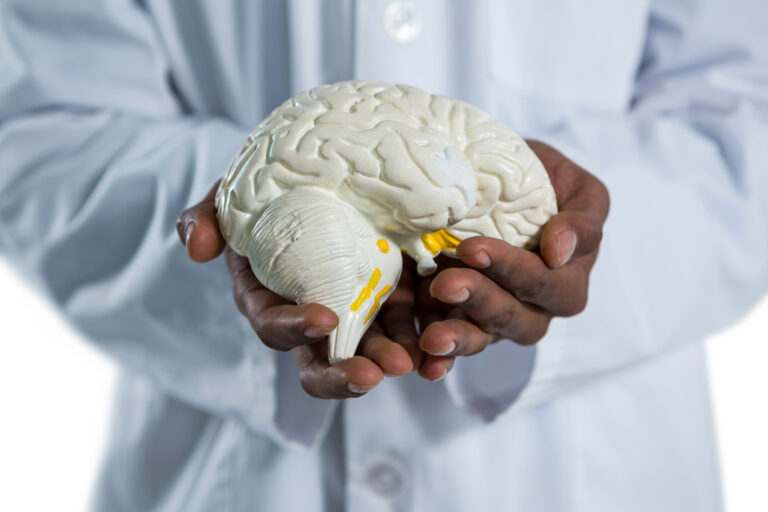HEAT AWARNESS
The heat of the summer is in full swing. With so many heat-breaking records already set this summer, it’s imperative to keep cool and hydrated. For senior adults, it’s even more important to keep body temperature regulated. Wondering why heat is so hard on the elderly? We’re here to explain it to you!
1. Decreased Thermoregulation: The aging process can diminish the body’s ability to regulate temperature effectively. Older adults may have reduced sweat production, impairing the body’s natural cooling mechanism.
2. Chronic Health Conditions: Seniors may have pre-existing health conditions such as heart disease, diabetes, or respiratory issues, which can make them more susceptible to heat-related complications.
3. Medications: Certain medications commonly taken by older adults can interfere with the body’s ability to dissipate heat or impair fluid balance, making them more vulnerable to heat-related stress.
4. Limited Mobility: Mobility challenges or physical limitations may prevent older adults from seeking cooler environments or accessing air-conditioned spaces easily.
5. Social Isolation: Older individuals who live alone or have limited social interactions may be at a higher risk of heat-related complications since there might not be someone to check on their well-being during hot weather.
Now that we know more about how our loved one’s body temperature regulates, it is important to look out for what heat can do. Do you ever wonder what the symptoms of heat stress are? Symptoms of heat stress or heat-related illness in the elderly can range from mild to severe. Some signs to watch for include:
1. Heat Exhaustion:
– Profuse sweating
– Fatigue or weakness
– Dizziness or lightheadedness
– Headache
– Nausea or vomiting
– Rapid heartbeat
– Muscle cramps
2. Heat Stroke (a medical emergency):
– High body temperature (above 103°F or 39.4°C)
– Altered mental state or confusion
– Dry, flushed skin
– Rapid breathing
– Rapid and strong pulse
– Loss of consciousness or fainting
If someone, especially an elderly individual, shows signs of heat stroke, it is critical to seek immediate medical attention and take measures to cool the person down, such as moving them to a shaded area, applying cool water to their body, and fanning them.
If a person displays symptoms of heat exhaustion, it is essential to take them to a cooler place, provide water or electrolyte-rich fluids, and have them rest and cool down. If the symptoms worsen or don’t improve, seeking medical attention is advisable.
Prevention is key in protecting elderly individuals from heat-related stress. Encouraging them to stay hydrated, providing access to cool environments, promoting appropriate clothing choices, and regularly checking on their well-being during hot weather can help reduce the risk of heat-related complications.
MORE BLOG POSTS

HHPROS provides essential heat awareness tips to help you stay safe during extreme temperatures. Learn how to prevent heat-related illnesses and protect your loved ones in Dallas and Houston.

HHPROS values your freedom of choice in home health care. We empower families in Dallas and Houston to select the right caregiver and create personalized care plans that fit their unique needs.

HHPROS is dedicated to promoting senior independence through personalized in-home care services. We help seniors in Dallas and Houston maintain their freedom and quality of life.

National Aphasia Month is an opportunity to raise awareness and provide support for those living with aphasia. HHPROS offers personalized in-home care and therapy services to help patients in Dallas and Houston improve communication and enhance quality of life.
